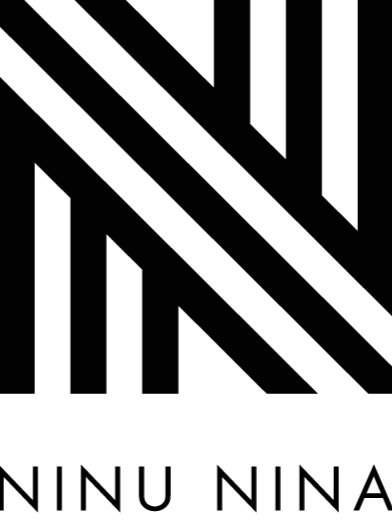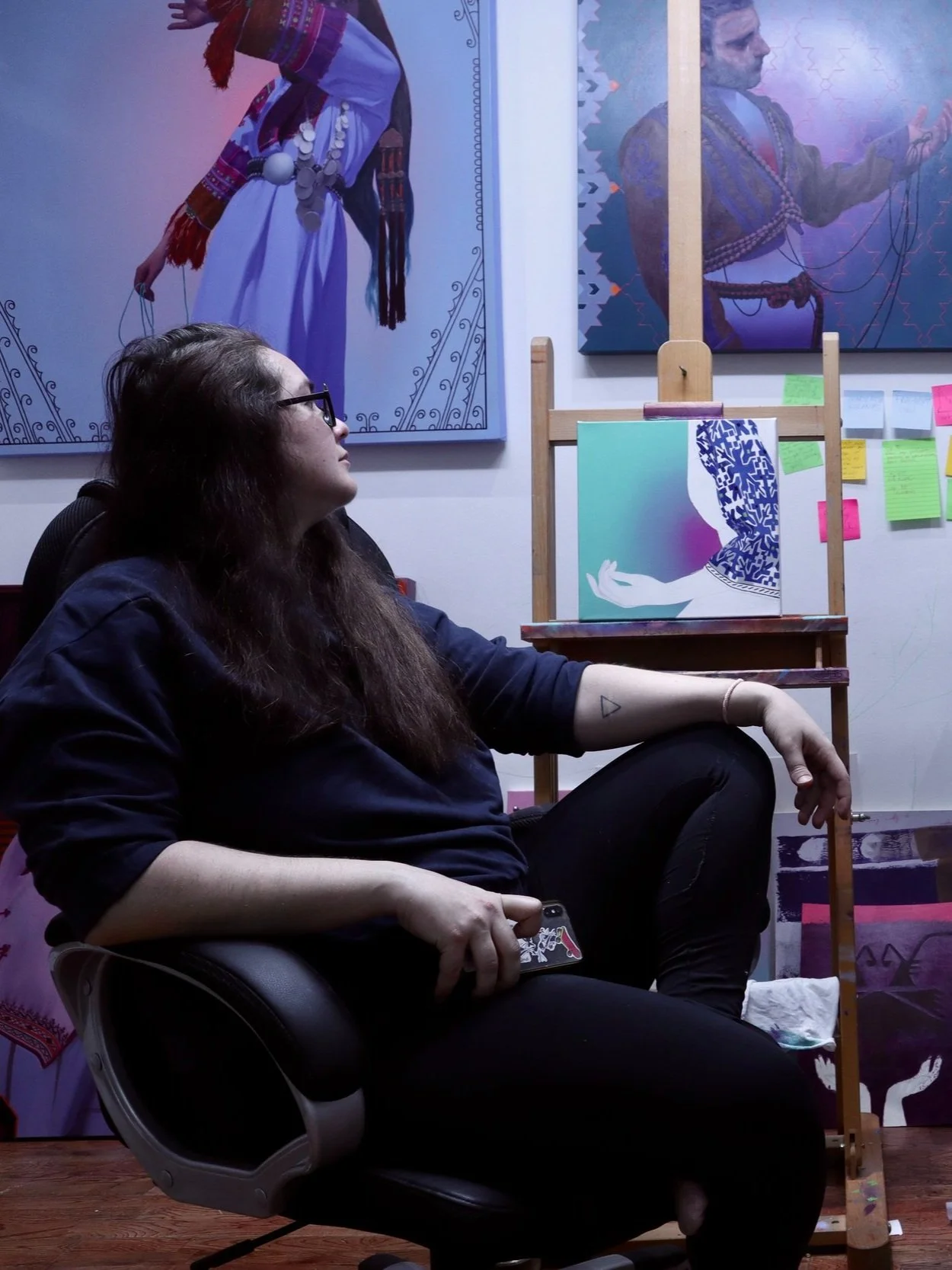ROGER GOULA PRESENTS HIS LATEST ALBUM " ECOSYSTEMS"
Today we meet British, award-winning composer Roger Goula who talks to us about his latest album release Ecosystems on Cognitive Shift Records.
The album is recorded by a string ensemble enhanced by Goula's excellent production capabilities. The result is a bold exploration of sound arising out of delicate interactions between strings and other samples. Each track functions like a world of its own, encompassing its own stories, tensions and outcomes. At the same time, these microcosms exist in relation to a larger theme, one which, according to Goula, speaks of our interdependent yet fraught relationship to nature.
“The whole album responds to this idea of how we interact with nature, and hopefully it can offer some harmony in the end,” says the composer.
What are your greatest inspirations/influences?
That’s a tricky one. There’s a lifetime of influences in me. Lately, nature is a great inspiration and this album it’s directly inspired by it. I have this idea that art should come from within and that influences should be triggered unconsciously when you’re writing, and not analyse them too much.
Tell us about your latest album "Ecosystems" and the creative process behind it?
“Ecosystems” is inspired by the idea of humans and their relationship with nature.
I believe in concept albums and the idea that music (and sound), a higher state of the art, needs to trigger some ideas beyond the music itself. You can find the idea of Ecosystems within the album in many different layers. One would be that the album itself, the whole set of pieces, is a sonic ecosystem, that is balanced very carefully to function from beginning to end. But also, when writing each piece of the album I contemplated them as separate sonic ecosystems. As we know some ecosystems thrive and others die. I used this concept for each piece of the album. Some of these pieces thieve more than others. Some ecosystems (or pieces) are a bit unbalanced, so they sonically collapse. On another level, I’ve used my modular synth to create generative patches which developed through time and create in a way electronic ecosystems.
The album is performed by a string quartet - how do you see the intermingling of the classical and electronic. Was that balance difficult to find?
The balance between electronics and acoustic instruments it’s always a thing that has fascinated me and I’m always trying new ways to make them work together. For Ecosystems, it was clear to me that these two elements needed to work in a symbiotic way, also as a projection of the concept of the album. Sometimes in Ecosystems, you think you’re listening to some electronics but they actually strings (in this case a 12-string section) and the other way around. The flow between each other in a very organic way. There are two levels for how I achieve this. One is that when I write these pieces, I have in mind a ‘classical’ structure. I don’t think in terms of songs (a verse and chorus structure), so I let the structure develop organically wherever it leads me. The other idea is that I create some music material that I like, generally first generating some electronics on the modular and letting the machine ‘speak’ by itself. Then I orchestrate those ideas in a ‘classical’ way. When you put them together you feel they belong to the same world because they come from the same material. Also the generative patches on the modular mentioned above, gave me lots of ideas on how to orchestrate the strings for the electronics.
You do a lot of work connecting visuals and music. How do you think that has influenced the way in which you work and how has it been incorporated into this album?
When I write personal albums I always think of images and narrative. I think my albums are always concept albums. Those images are not necessarily very defined but have a feel. I know how the album needs to feel to the listener before I start writing it. Sometimes that image can change or morph through the process of writing, but there’s always a feeling attached to an image. It’s not that I’m scoring an image, but that image gives me inspiration for how the album needs to feel. It’s quite the opposite to write a film score, where the structure is given, and you need to convey the feeling of the narrative.
On Gift, we hear an ultrasound recording from your wife’s pregnancy. Where did the idea to include this come from and would you say that this is your most personal album to date?
This is definitely my most personal album. That sample of ultrasound scan triggered all the album concept. Gift was the first track I composed for Ecosystems. The strength of the beat and the willingness for life triggered lots of metaphysical and ontological (nature of being) thoughts. I started to do some reading on modern philosophy about those ideas. One that really resonated was Timothy Morton’s book ‘Humankind: Solidarity with Non-Human People’, where he talks about the ontology of things (object-oriented ontology – OOO). After reading it I’ve discovered that I’ve always thought of that concept and so it’s very personal to me. The sampling of the scan is simply a poetic act that relates to this idea.
How does innovation affect your work or creativity?
I think innovation and technology are tools that help us to develop as artists.
They are instruments (as a piano or a guitar) in the more etymological sense of the world, they are tools to make things. In this case music. Each period had its tools and instruments to create art, and the art created wasn’t less complex than the one we do now. It was just different because they had different tools to make it. The problem with such innovative speed is that it concentrates on the music more than playing with tools. I see lots of people that know how to use the tools, but they are not necessarily making art. The problem is how to use these technological innovations in a human and poetic way. The art is in you, not in the tools. At the same time, you need to master those tools to be able to transcend them and make music with them. In other words, I feel innovation shouldn’t be the finality of art, but the instrument to make it.
What does well-being mean to you? Your latest project is connected to environments and the earth - does this relate to your thoughts on well-being at all?
Ecosystems don’t necessarily talk about well-being directly. It talks about the idea of being interconnected to nature. Modern humans have this approach to nature as and separate entity. It’s something that is out there, and that sometimes you interact with. The philosopher of science Karen Barad inverted the term intra-actions. She argues that humans and nature are deeply interconnected and cannot be understood as separate entities. Barad draws on insights from quantum physics to propose a new framework for understanding the relationships between humans and ecosystems. According to Barad, everything in the universe is interconnected and entangled, meaning that any action we take as humans can have a ripple effect throughout the entire ecosystem.
In this view, humans are not separate from nature, but rather an integral part of it. I believe that we need to recognize our interconnectedness with the natural world and take responsibility for the impact we have on it. This includes recognizing the ways in which our actions can harm the environment and taking steps to mitigate that harm.
Obviously, well-being is important to humans, but I really believe to have a symbiotic relationship with nature is even more important. Understanding nature as an intelligent entity and listening to it would make us good.
What upcoming projects or collaborations do you have going on?
I’ve started to work on a new album based on guitars and tape loops. I’ve started to reconnect with my main instrument which is the guitar and finding new ways that are inspiring me to write for the instrument. I want to create lots of poetic soundscapes, processing guitars with tape machines. I have this idea that It should be all playable live (possibly I’ll record this album live), and I might include a smaller string section, possibly a quartet or trio.
There’s a very interesting dance project collaboration based in China as well as an animation art installation in Amsterdam. Both will be announced soon and are for 2024.



